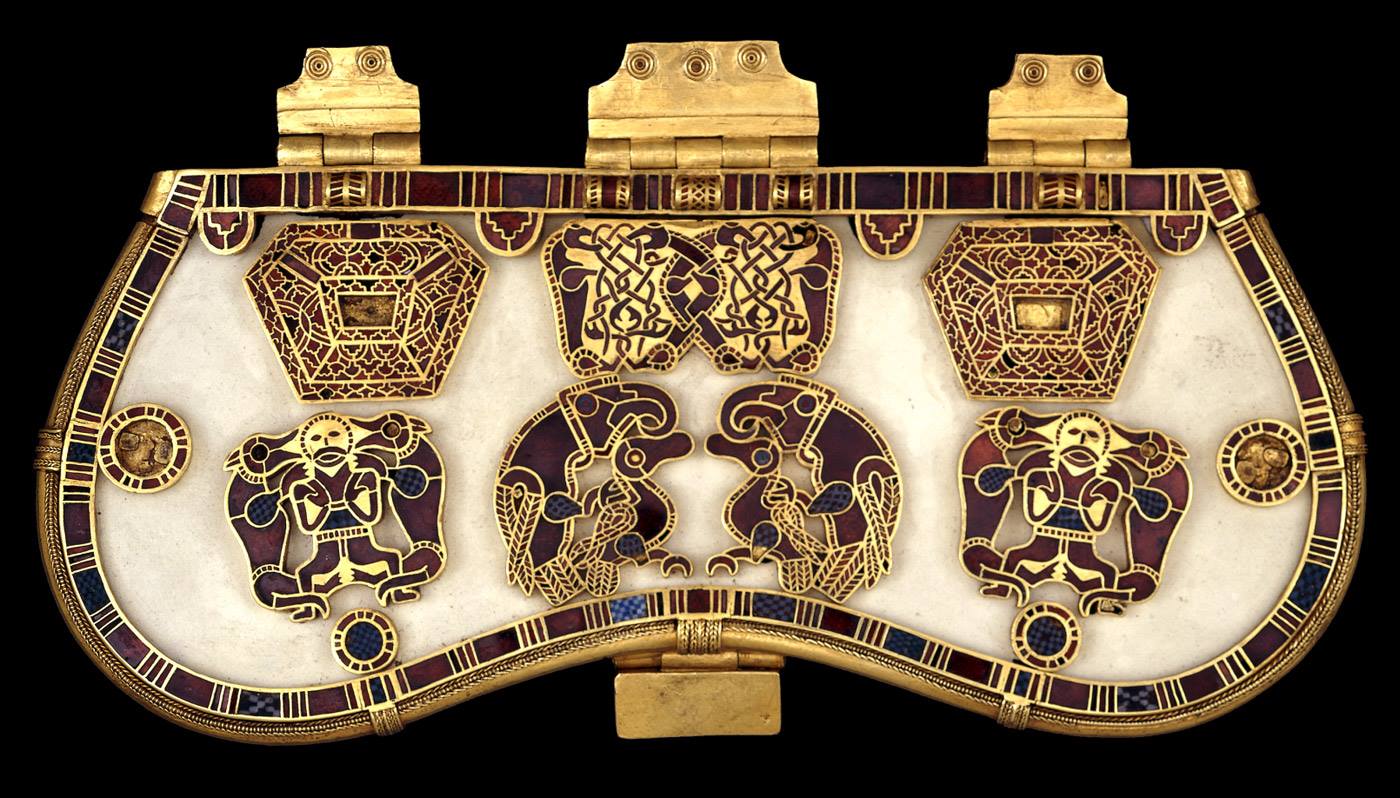Cripple. History Major. Irritable and in constant pain. Vaguely Left-Wing.
- 6.15K Posts
- 11.3K Comments
My mother socialized me too damn well, people IRL think I’m friendly and kind when in reality I hate every last one of those fucks from behind my eyes.
I have some pretty severe doubts that an AI could replicate that so precisely.
More likely it’s AI upscaling.
therizinot, it looks like, posted some five years ago, who has since deleted their account.
“A few years later…”

 2·13 hours ago
2·13 hours ago… what a bizarre piece.

 162·14 hours ago
162·14 hours ago.world
Sh.itjust.works
Sopuli.xyz
Lemmy.cafe

 5·16 hours ago
5·16 hours agoThey both need to go, albeit for different reasons.

 2·17 hours ago
2·17 hours agoI like how everyone claims all religion is fucked up but there’s only one where this is actually extremely common
what

 6·17 hours ago
6·17 hours agoBeer? You’ve spent too much time on the frontier, frater!
In the same letter, the decurion asks for orders, whether he was to take all or just half his men to a particular location. Perhaps more urgently, at least as far as the troops were concerned, he informed his commander that “My fellow soldiers have no beer. Please order some to be sent.”

 9·17 hours ago
9·17 hours agoThe purpose of a legal system is to provide consistent and coherent methods of conflict resolution that are superior for the functioning of general society than means outside of a system of centralized coercion for certain, sufficiently disruptive acts.
By this extremely broad definition, the legal system in my country, the USA, fulfills its purpose. But so would the legal system of fucking Napoleonic France.
More narrowly, a legal system should be oriented towards a standardized means of punishment and reform of those who disrupt the basic functioning of civil society.
By this narrower definition, my country only succeeds on ‘standardized means of punishment’, and even there arguably only partially. It largely fails at reform, and the punishments are both visited on those who do not disrupt the basic functioning of civil society (minor drug offenses, immigration crackdowns, anti-homeless legislation), and failed to be visited on many of those who do disrupt the basic functioning of civil society (gestures broadly at corporate America and the current coterie of fascists in power in government).
I can shitpost
I mean, I would be extremely wary of someone who crossed boundaries like that and is willing and able to confront me near my home and is ignoring my signals that I don’t want to engage. I… would not have any benign conclusions to make in your position. Even in the least unpleasant interpretation, he’s trying to creepshow his way into your pants, which is bad enough on its own.
Keep your friends and family informed on this.

 6·18 hours ago
6·18 hours agoA ‘vexillation’ is a detachment.

 8·19 hours ago
8·19 hours agoPretty consistently it’s been reported that Iran has been increasing its capabilities to quickly create a nuclear weapon should they need to, rather than simply embarking immediately on constructing nukes.
And honestly, at this point, they’d be stupid not to, since the main negotiator (the US) of their opposing coalition has proven to be utterly unwilling to maintain any agreements regarding denuclearization for more than 4 years at a time.

 3·19 hours ago
3·19 hours agoThey sent paramilitaries to Syria to engage in sectarian genocide.

 191·19 hours ago
191·19 hours agoThis country needs to be united, and anyone that wants to defect left should be welcomed. Show them the light and how they were lied to and manipulated. Grow our numbers. Teach people compassion.
Do you not remember how this went the past 15 times it happened in the past 3 decades?
“Welcoming” them back teaches them that their actions have no consequences. Many conservatives entrench and intensify their vile worldviews precisely because they know that their social circles will remain under the justification of “It’s just politics”. They dial it back when they receive pushback or punishment, and intensify it in time for the next election. Every. Goddamn. Time.
They aren’t ‘defecting left’. They’re sad that they, personally, were harmed; and they will continue to advocate for others to be harmed as soon as their ultra-fucked rationalization of vile behavior either triggers on its own, or is ‘guided’ by their favorite media or memes.
 161·19 hours ago
161·19 hours agoWith what structure are you going to exercise violent resistance to the current fascist government?
Right now, protests are how we get people involved to begin with in resisting this fascist shite. This is how we start organizing, since apparently a good third of the fucking country has been tuned the fuck out for decades, a third are fascists, and the last third is in a state of perpetual purge and counter-purge.

 33·19 hours ago
33·19 hours ago“When the president does it, it’s not illegal.”

 752·19 hours ago
752·19 hours agoIn 2015, I disliked Christianity, but harbored no desire to see it eliminated from society entirely. “An’ harm ye none…”
Now, in 2025, I’m convinced that democracy can only survive in the long run if Christianity, as a social force, dies entirely.
Moderates

















I’m praying for Chile, expecting Spain, and dreading Nazi Germany.
But fascists lose in the end. The question is just how many of us non-fascists will suffer and/or die before that happens.